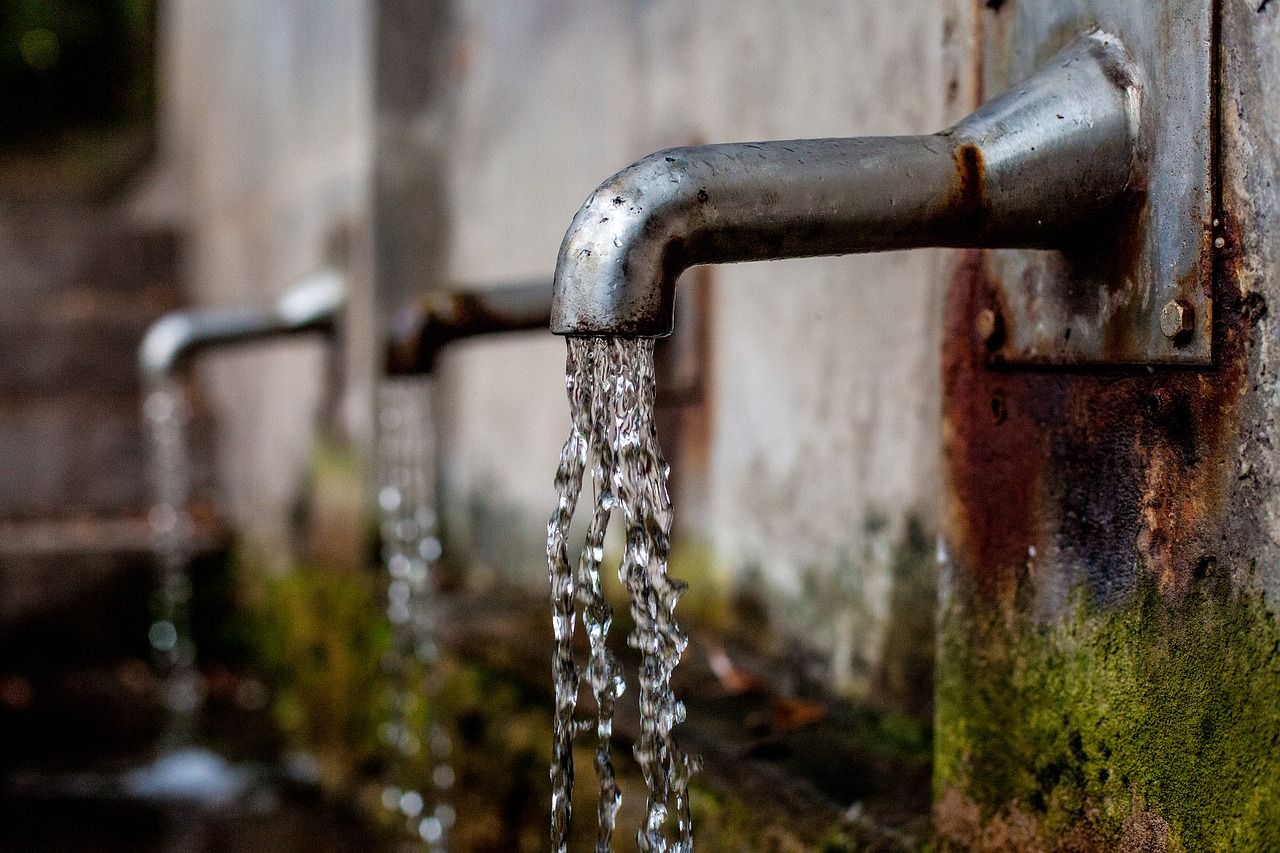"Clean water is a perishable commodity that may run out"

There are a lot of things you can do as a private individual to conserve one of the most important resources on Earth.
According to researchers, the lack of clean water is a world-wide problem. Although we who live in Sweden view clean water as a matter of course, it is far from reality for everyone. At Mälardalen University (MDH), research is being conducted on how to purify water using effective methods, but there are also a lot of things you can do as a private individual to conserve one of the Earth's most important resources.
Monica Odlare is a Professor of Environmental Engineering at MDH, and she and her research group are studying how to purify water using efficient methods and reuse the nutrients found in wastewater. She believes that we all need to review our water use so as not to waste water unnecessarily.
“We need to start from a global perspective. Although we in Sweden currently see clean water as a matter of course, the total amount of clean drinking water in the world is very small. Neither do we know what the climate will look like in the future and we have recently experienced extremely dry summers. We must remember that clean water is a perishable product that can run out," she says.
According to Monica Odlare, development efforts are required in many fields in order to achieve the climate goal of clean water and sanitation.
"Today, for instance, drinking water is used to flush toilets, which can be viewed as a waste. It is difficult to do anything about existing houses and sewage systems, but with a lot of new constructions people are now exploring the possibility of recirculating grey water from the kitchen sink and shower and instead using that to flush toilets," she says.
Did you know?
- If you wash up or brush your teeth under running water for three minutes, 18 litres of water is used.
- It takes about 200 litres to fill a bathtub. That's more water than most people in Sweden use per day.
- A water hose can expend up to 1 000 litres of water per hour.
- If you use a sprinkler or water hose, you will use about 150 – 350 litres of water in 20 minutes.
The researcher's tips for conserving water:
- Turn off the tap when brushing your teeth.
- Fill a tub with water instead of rinsing the dishes under running water.
- Put a jug of water in the fridge and you will quickly have cold water instead of letting the kitchen tap run cold.
- Take a quick shower instead of taking a bath.
- During periods of drought, do not use drinking water for watering your garden.
- If possible, use rain or lake water to water the garden. If you must use drinking water for watering, it is better to use a watering can instead of a water hose.
- Avoid watering in the middle of the day when it is the warmest. The heat causes the water to evaporate quickly before it has reached the ground. Instead, water in the morning or evening.
- If you live in a house, you can place a barrel under the gutter. You can use the collected water to water your garden plants.
- Review the options that are available to recycle the water that you use.
Global sustainable development goals
MDH is conducting research in all of the UN’s global goals for sustainability. Monica Odlares’ research is linked to Goal number 6, Clean Water and Sanitation, and Goal number 14, Life Below Water.
More information about MDH’s research linked to the global goals. External link.
External link.
MDH is conducting research in all of the UN’s global goals
Research on the UN's global goalsContact Information
